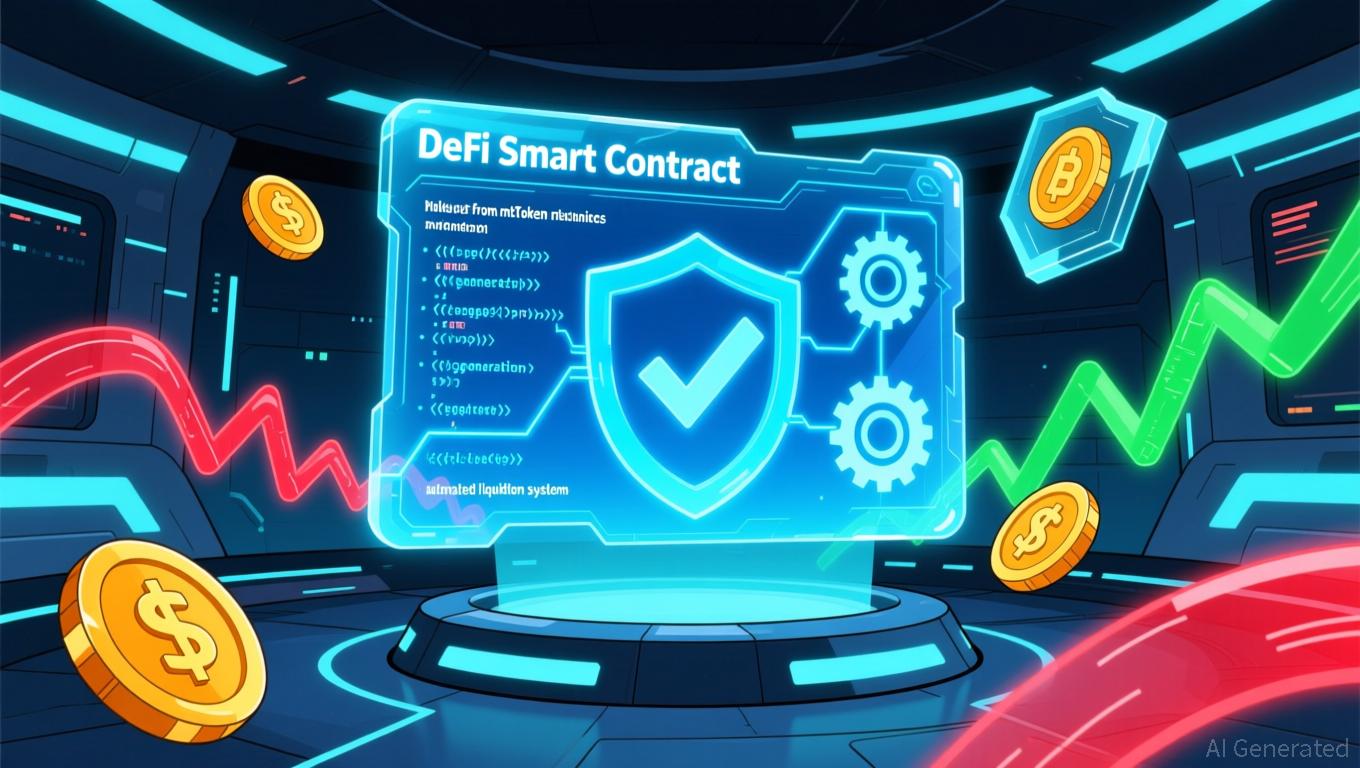New Study Shows AI Outpaces Humans in Game Testing
Game studios have long treated testing as an unavoidable bottleneck—slow, repetitive, and costly. But a new study suggests that one of game development’s most human-intensive jobs may be ripe for automation.
Researchers from Zhejiang University and the NetEase Fuxi AI Lab introduced Titan, an AI-powered testing agent that uses large-language-model reasoning to explore and evaluate vast online role-playing worlds.
In trials across two commercial titles, Titan not only completed 95% of assigned tasks but also identified four previously unknown bugs—outperforming human testers in terms of speed, coverage, and discovery.
Testing is one of the most expensive phases of game production, consuming millions of dollars in labor and months of turnaround time. According to market research firm Dataintello, the global game testing service market alone is expected to reach $5.8 billion by 2032.
Titan’s results suggest that generative AI can shoulder a share of that burden, bringing automation to a discipline once thought too open-ended and unpredictable for machines.
The study suggests a future in which AI agents not only mimic players but also reason like them—identifying glitches, balancing mechanics, and navigating dynamic virtual environments more efficiently than human QA teams.
“We design the workflow of Titan by mirroring how expert testers operate the MMORPG testing: perceive the game state, choose meaningful actions, reflect on progress, and diagnose issues,” the researchers wrote. “At its core, a foundation model drives high-level reasoning, while supporting modules provide perception, action scaffolding, and diagnostic oracles for closed-loop interaction.”
In the experiment, a perception module translated complex game states into simplified text, allowing the program to reason through objectives. The agent also used screenshots to review its own progress and recover from stalled progress.
Why It Matters
Titan is the latest example of how AI is moving into the gaming industry and filling roles typically handled by humans. In August, a Google Cloud survey said nearly nine in 10 game developers say they’ve already built AI agents into their work.
“If you’re not on the AI bandwagon right now, you’re already behind,” Kelsey Falter, CEO and co-founder of indie studio Mother Games, recently told Decrypt.
The research comes amid broader efforts to integrate AI more deeply into development workflows. In August, Jack Buser, global games director at Google Cloud, warned that studios unable to adopt AI tools “won’t survive.”
A new kind of game tester
Human testers often followed familiar paths, the report noted, while existing bots struggled to generalize across game versions. However, the researchers acknowledged they did not solely rely on AI to complete the study.
“We work with professional testers and designers to identify the key state factors relevant to general progress in MMORPGs, which serve as template references,” the researchers said.
These template references include player location, current game objectives, and player vitals such as health and mana, while “irrelevant data” like other players’ information is filtered out unless needed.
Disclaimer: The content of this article solely reflects the author's opinion and does not represent the platform in any capacity. This article is not intended to serve as a reference for making investment decisions.
You may also like
Dogecoin News Today: Dogecoin ETF Breakthrough: Transitioning from Internet Meme to a Mainstream Investment Option
- Bitwise's DOGE ETF (BWOW) launches Nov 26, 2025, offering regulated DOGE exposure with 0.34% fee. - Dogecoin ranks 9th at $22B market cap, with $1B+ daily volume, driven by institutional adoption and SEC approval shifts. - ETF structure holds actual DOGE, aligning with Bitwise CEO's vision to democratize crypto access through transparency. - Grayscale's Zcash ETF filing and Mutuum Finance's $19M presale highlight growing altcoin institutional interest. - DOGE trades at $0.1503, consolidating in $0.13–$0.

Regulation and Innovation: SEC Examines Nasdaq’s Proposal for Tokenized Stocks
- Nasdaq seeks SEC approval for tokenized stock trading framework, aiming to modernize settlement while aligning with existing regulations. - The proposal shares CUSIPs and rights between tokenized/traditional shares but faces criticism over potential market fragmentation and investor protection risks. - SEC's cautious approach and December 4 panel will determine if tokenized equities gain regulatory traction or remain niche experiments. - Industry divides persist: Nasdaq prioritizes incremental adoption w

XRP News Today: Investors Divided: XRP's $5 Buzz Compared to Ozak AI's 7,000% Growth Promise
- XRP gains traction as analysts predict $5 price targets via ETF-driven inflows, citing historical Bitcoin multipliers. - Ozak AI emerges as AI-focused crypto alternative, raising $4.54M in presale with 7,000% return potential via decentralized AI infrastructure. - Market splits between XRP's institutional appeal and Ozak AI's utility-driven innovation, highlighting crypto's shifting risk-reward dynamics. - Analysts note XRP's capped growth vs. Ozak AI's 50X-100X potential, emphasizing real-world AI appli
Between Breakthroughs and Turmoil: The Struggle for Safety and Longevity in Cryptocurrency
- Crypto sector faces structural challenges balancing innovation with security and sustainability amid rising threats and regulatory uncertainty. - Mutuum Finance advances dual-lending architecture and mtToken mechanics under Halborn audit to build defensible DeFi models. - Upbit's $36M hack and Tether's Uruguay exit highlight systemic vulnerabilities from cyberattacks and energy cost volatility. - Industry shifts toward sustainable yield models with automated collateral rules and revenue redistribution to

